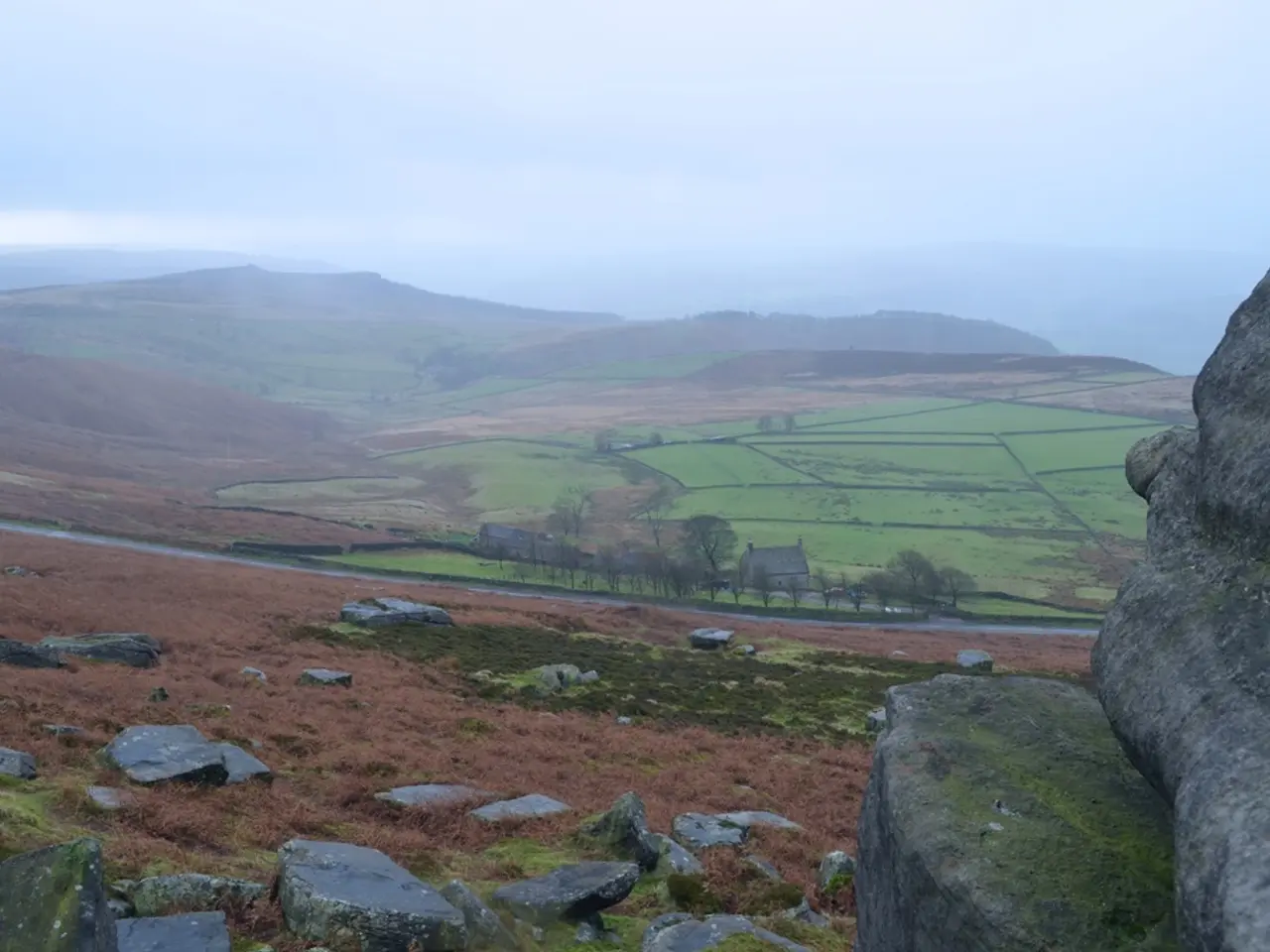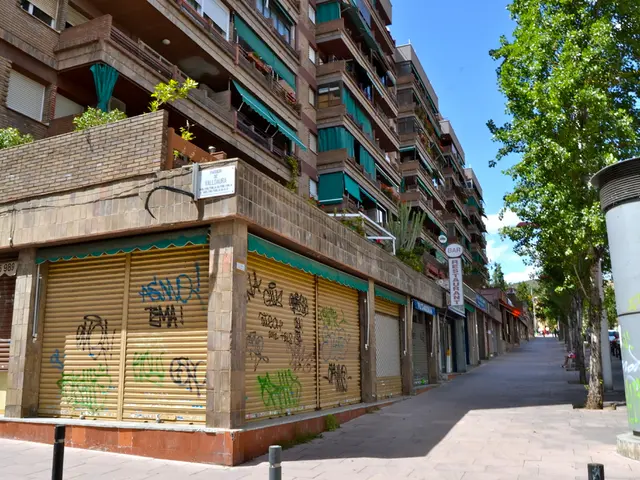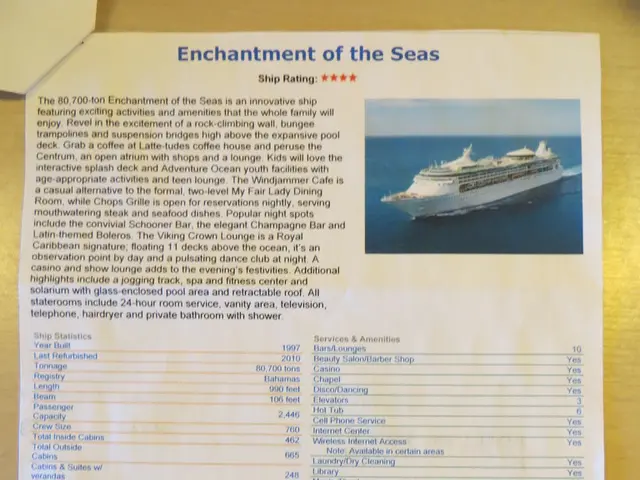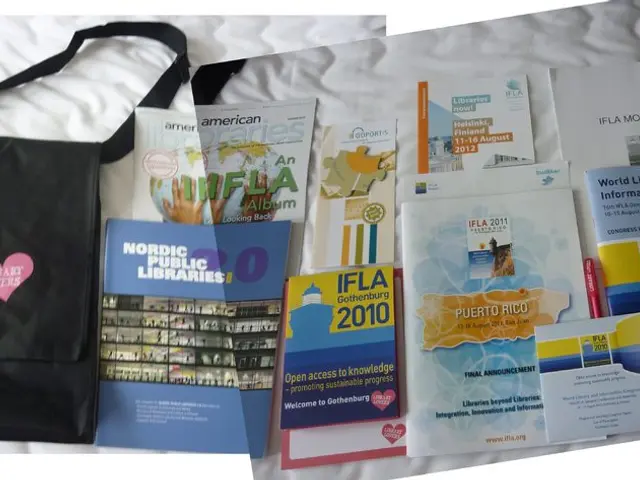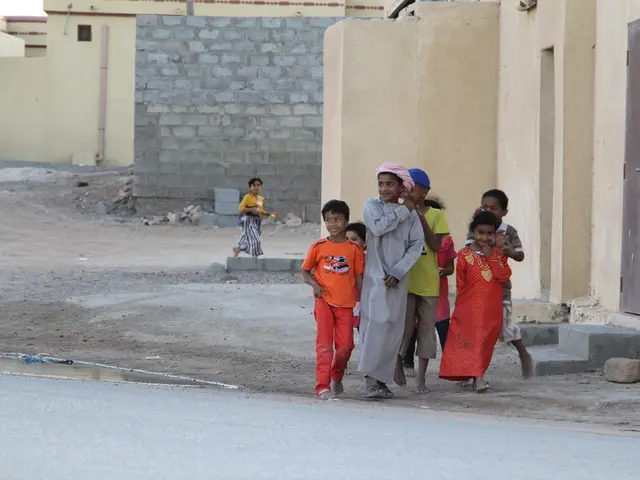Emerging Eco-Tourism Hotspot in Southeast Asia?
Exploring Sustainable Tourism in Kuching, Borneo
Kuching, the capital of Sarawak on the island of Borneo, is demonstrating sustainability in its tourism efforts. This vibrant city offers a unique blend of culture, nature, and gastronomy, making it an intriguing destination for travellers seeking an authentic experience.
One of the highlights of Kuching is its bustling market, where the aroma of fried chicken, fermented durian, and fresh fish mingle with the unexpected scents of edible ferns, exotic chilis, and snake beans. Here, visitors can immerse themselves in the exotic Borneo fruits and vegetables, a key part of Trudy Tan's sustainability experience.
Tan, a renowned chef in Kuching, offers cooking classes and runs a community tourism site that promotes the preservation of the Bidayu tribe's culture and sustainable way of life. At her studio, guests make lunch using the ingredients collected from the market, with a focus on garlic, onion, palm oil, coconut milk, spices, and rice. Her unique blend of flavors includes garlic, pepper, Terung Iban (sour eggplant), Gula Apong (Nipah palm sugar), and fried potato wedges.
Tan's cafe, Supreme Indah, doubles as a gallery for up-and-coming artists, supporting the local arts community. However, the search results do not provide information about which artists display their works at Tan's cafe.
Sustainability in Kuching is being implemented incrementally, one business and one museum at a time, rather than through sweeping initiatives. This approach is evident in Saloma's Village Stay, where guests can learn about farming and foraging for wild ingredients like ginger, ferns, turmeric, and pandan. Those seeking a more immersive experience can opt to live with a local family, participate in daily activities, and learn about their traditions in a remote part of Borneo's mountains.
The Sarawak Cultural Village, an award-winning living museum, showcases the diverse ethnic groups of Sarawak and offers daily cultural performances. Here, visitors can explore authentic replicas of traditional houses, including Bidayuh, Iban, Orang Ulu longhouses, a Chinese farmhouse, a Melanau tall house, and a Malay house. Chief Dom in one of the longhouses explains traditional living, including the communal areas, the sleeping arrangements of the strongest warriors, and the rafters for storage of traditional trophies of war.
Tan's community tourism site also offers a stay in a bamboo longhouse. Guests sleep in this traditional accommodation, further enhancing their cultural immersion. Tan also demonstrates her commitment to sustainability by donating leftovers from her cooking classes to a local soup kitchen to minimize food waste.
While Kuching is not yet recognized as a top sustainable tourism destination, the gradual adoption of sustainability goals by tourism operators is expected to positively impact the entire destination. The city's commitment to preserving its culture and promoting sustainable practices makes it an exciting destination for travellers seeking an authentic, eco-friendly experience.
Read also:
- Notable individuals partner with Global Sumud Flotilla en route to Gaza
- Two compelling literary works on Israel: Arnold Zweig's "The Friend Comes Home" and Chaim Noll's "The Silence After the War: Morning's Whisper"
- Increased flow of unfavorable information surfaces
- Increased flow of unfavorable information
